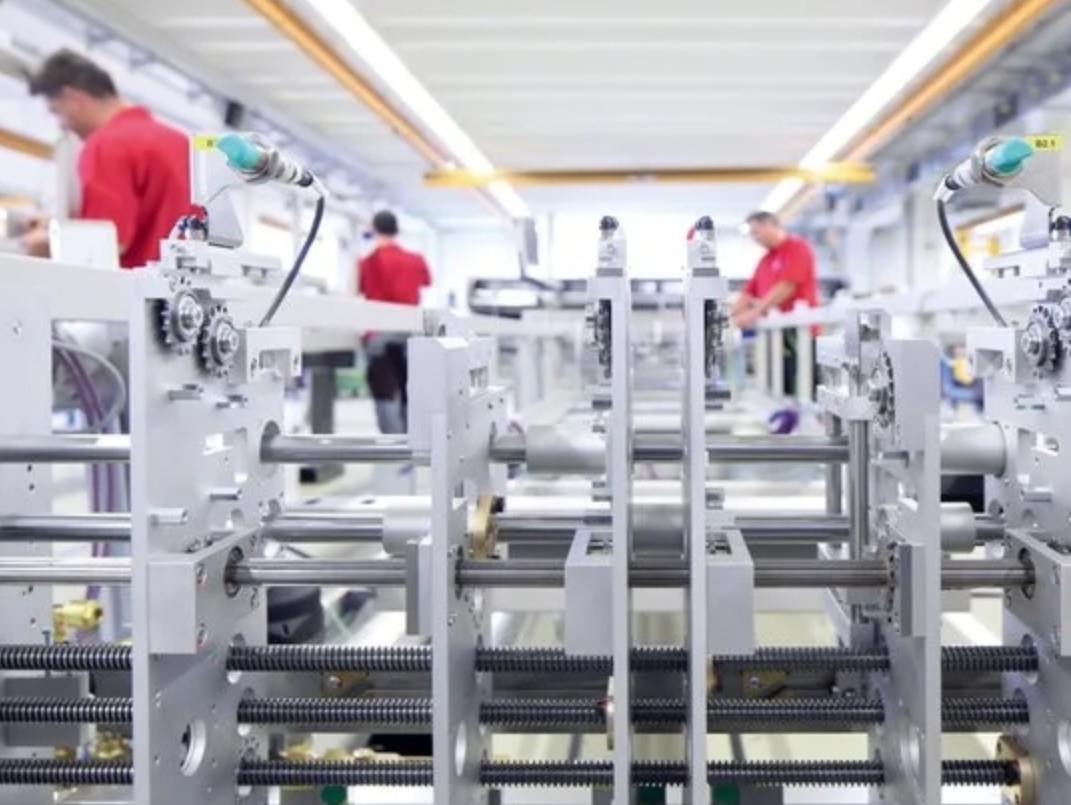Exploring the Essence of Smart Manufacturing: A Technological Feast of Reflow Soldering and Wave Soldering
Release time:2024-08-07Publisher:Jeenoce
Core Keywords: Reflow Soldering, Wave Soldering, Jienos Electronics, Technological Innovation
Date & Source
Release Date: 2024-08-07
Source Attribution: Authoritative Tech News | Officially Released by Jienos Electronics
In the ever-evolving landscape of smart manufacturing, Suzhou Jienos Electronics Co., Ltd., with its profound industry expertise and forward-looking technological vision, delves into two pivotal technologies in the electronic assembly sector—reflow soldering and wave soldering. These two technologies, akin to the dual wings of smart manufacturing, have not only shaped the manufacturing standards of modern electronic products but also steered the industry towards greater efficiency, intelligence, and environmental friendliness.

Reflow Soldering: Guardian of Precision Manufacturing
High Precision, High Quality: Employing German REHM reflow soldering equipment, it ensures impeccable precision and consistency in every soldering process through precise temperature control and uniform hot air circulation, meeting the stringent requirements of precision electronics.
Non-contact, Safer: The non-contact soldering method eliminates physical damage, safeguarding delicate components and enhancing overall product reliability.
Green Manufacturing, Energy Conservation: Actively responding to environmental protection calls, it adopts energy-saving and emission-reduction technologies, minimizing environmental impact during production and contributing to sustainable development.
Wave Soldering: Efficiency Pioneer in Mass Production
Efficient Production, Cost Optimization: Tailored for large-scale, standardized production scenarios, wave soldering excels in its efficient soldering capabilities, effectively reducing production costs and enhancing overall capacity.
Versatile Application, Flexible Adjustment: For components with larger pin spacings and moderate precision requirements, wave soldering demonstrates robust adaptability and flexibility.
Cost Control, Economical Choice: With relatively lower equipment costs, it is an ideal option for enterprises with limited budgets but high production demands, facilitating the maximization of economic benefits.
Choosing Wisely: Reflow Soldering vs. Wave Soldering
Product Characteristics: Reflow soldering is preferred for precision, miniaturized, and highly integrated products; while wave soldering is more suitable for large-scale, standardized, and cost-sensitive products.
Production Efficiency: In mass production, wave soldering offers significant efficiency advantages; whereas, for small-batch, multi-variety production, the flexibility of reflow soldering is more advantageous.
Technological Trends: As smart manufacturing deepens, reflow soldering, with its high precision and automation, is gradually becoming the industry mainstream; wave soldering, on the other hand, needs to continuously enhance its environmental protection and automation levels to meet market demands.
Comparison Table: A Straightforward Selection Guide
| Reflow Soldering | Wave Soldering | |
|---|---|---|
| Basic Principle | Melts and solidifies solder through heating, connecting components to PCB boards | Utilizes molten solder waves to contact PCB board pins for soldering |
| Application Areas | Precision, miniaturized, highly integrated electronics (smartphones, medical devices, etc.) | Mass production, standardized, cost-sensitive products (automotive electronics, some consumer electronics) |
| Soldering Precision | High precision, suitable for stringent soldering quality requirements | Relatively lower, suitable for larger pin spacings and moderate precision requirements |
| Production Efficiency | Ideal for small-batch, multi-variety production with high flexibility | Higher efficiency in mass production, suitable for standardized production |
| Degree of Automation | Highly automated, often integrated with automated assembly lines | Automation level varies by equipment, but large-scale production often equips automated transport systems |
| Cost Considerations | Higher equipment costs, but long-term reduction in maintenance and defect rates | Lower equipment costs, suitable for large-scale production to reduce unit costs |
| Environmental Protection & Energy Saving | Emphasizes energy conservation and emission reduction, aligning with green manufacturing standards | Some older models may have pollution issues, but new models are gradually improving |
| Technological Trends | Becoming the industry mainstream, favored for its high precision and flexibility | Still applicable in specific fields, requiring continuous improvements in environmental protection and automation |
Conclusion: Join Hands with Jienos, Ushering in a New Era of Smart Manufacturing
Suzhou Jienos Electronics Co., Ltd., as a leader in the smart manufacturing sector, relies on German imported equipment (such as SCHUNK board splitters, REHM reflow soldering machines) and self-developed automated assembly lines to provide customized soldering solutions for clients. We are committed to driving the development of smart manufacturing and helping enterprises stand out in the fiercely competitive market. Looking ahead, we will continue to collaborate with industry partners, jointly creating a bright future for smart manufacturing and achieving a new chapter of win-win

